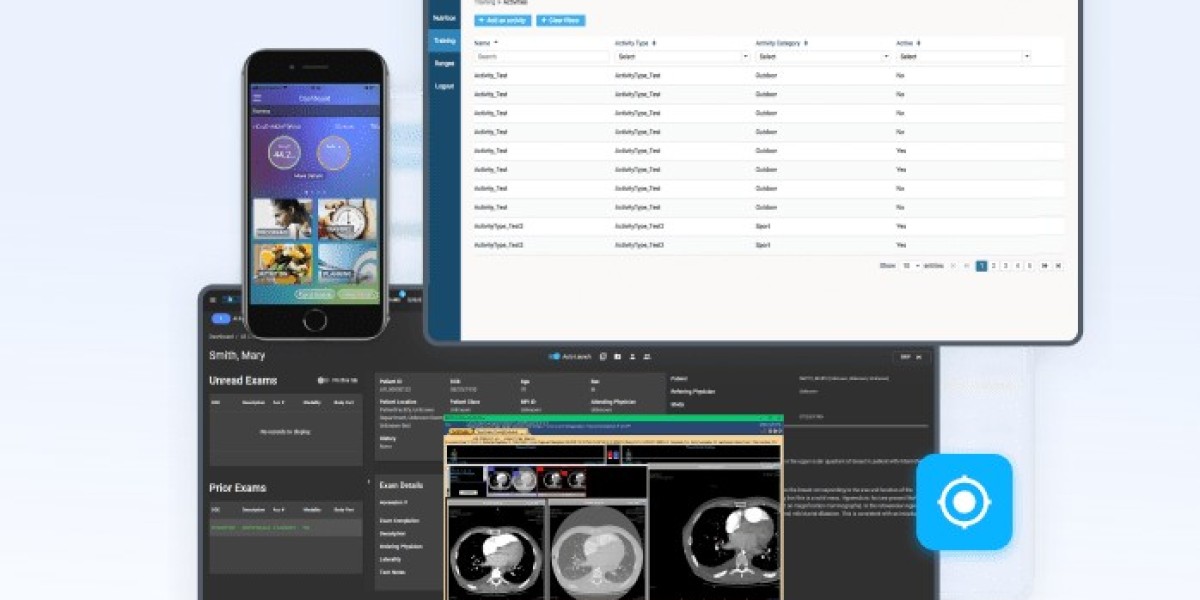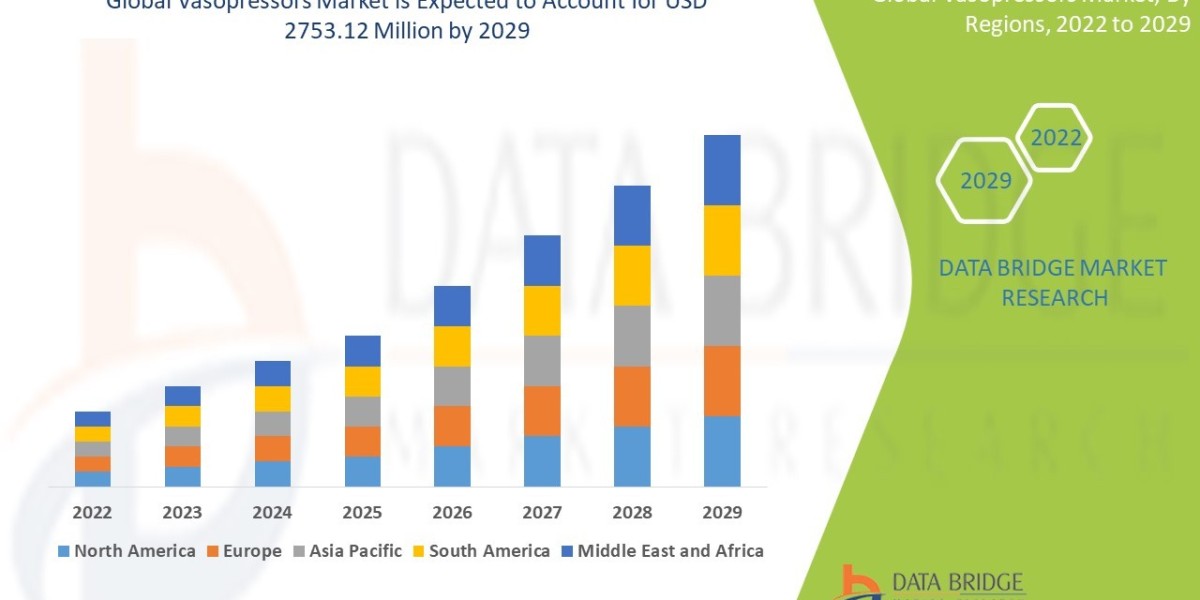Artificial Intelligence (AI) has emerged as a transformative force in various industries, and healthcare is no exception. Healthcare AI solutions encompass a wide range of applications that aim to enhance patient care, streamline processes, and revolutionize medical practices. In this article, we'll delve into the world of healthcare AI, exploring its applications, benefits, challenges, real-life examples, and future trends.
I. Introduction
A. Definition of Healthcare AI Solutions
Healthcare AI solutions refer to the integration of artificial intelligence technologies into the healthcare sector. These solutions leverage machine learning, natural language processing, and other AI techniques to analyze data, make predictions, and assist healthcare professionals in decision-making.
B. Importance in the Modern Healthcare Landscape
In today's rapidly evolving healthcare landscape, the adoption of AI solutions is becoming increasingly vital. The ability of AI to process large datasets quickly and derive actionable insights has the potential to transform the way medical professionals diagnose, treat, and manage patient care.
II. Applications of Healthcare AI Solutions
A. Diagnostics and Imaging
One of the significant applications of AI in healthcare is in diagnostics and medical imaging. Advanced AI algorithms can analyze medical images with unparalleled accuracy, aiding in the early detection of diseases such as cancer and providing insights for more precise treatment plans.
B. Drug Discovery
AI accelerates the drug discovery process by analyzing vast datasets related to molecular structures, genetics, and clinical trials. This leads to more efficient identification of potential drug candidates, reducing development timelines and costs.
C. Personalized Medicine
Healthcare AI allows for the customization of medical treatment plans based on individual patient data. This personalized approach enhances treatment efficacy and minimizes adverse effects, marking a paradigm shift in healthcare delivery.
D. Administrative Tasks and Workflow Optimization
AI streamlines administrative processes in healthcare institutions by automating tasks such as appointment scheduling, billing, and record-keeping. This not only increases operational efficiency but also allows healthcare professionals to focus more on patient care.
Conclusion
In conclusion, healthcare AI solutions represent a groundbreaking advancement in the field of medicine. From improving diagnostic accuracy to revolutionizing drug discovery, the potential benefits are vast. However, it's crucial to navigate challenges like data security, ethical considerations, and ensuring a balance between AI and human touch in patient care.








